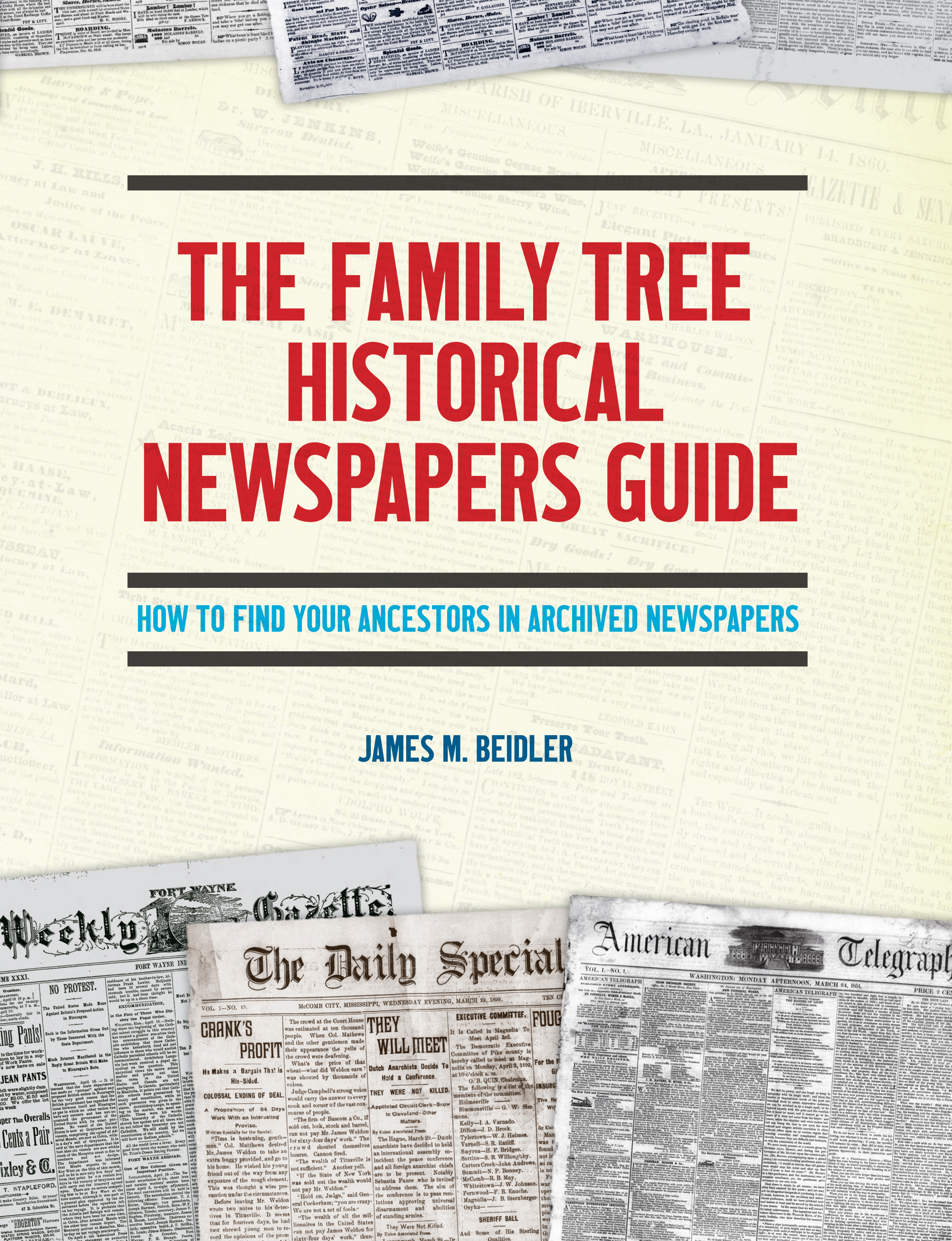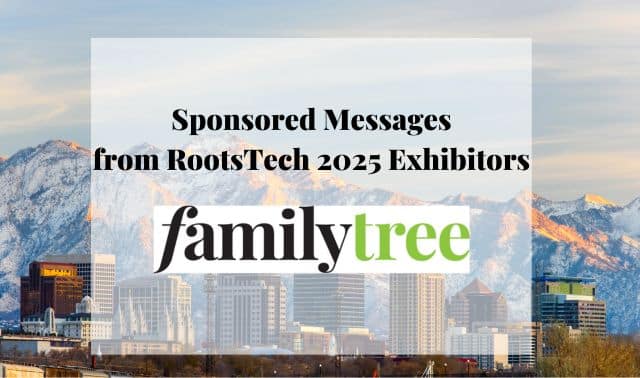Sign up for the Family Tree Newsletter! Plus, you’ll receive our 10 Essential Genealogy Research Forms PDF as a special thank you.
Get Your Free Genealogy Forms
"*" indicates required fields
Digitizing state collections of newspapers
State projects serve as major sources of new digitization efforts. Archives collaborate with for-pay historical newspaper databases to index and upload tomes of historical newspapers. For example, the state of Vermont reached a deal with Ancestry.com subsidiary Newspapers.com to digitize its “Vermont Newspapers of Record” collection. Newspapers.com now holds basically all of the state’s newspapers from 1789 to 1922—all of which are free from copyright restrictions. Vermont residents can view these digitized newspapers for free by creating an account through the MyVermont.gov portal. (Non-Vermonters will need a Newspapers.com subscription to view the collection.)
Hosting individual archives on Newspapers.com
In other cases, individual papers have used Newspapers.com to host an archive of its publications. Under some of these arrangements, users can buy a subscription to just that paper for a few dollars per month. The Asbury Park Press in New Jersey is one such newspaper, and it received assistance digitizing its predecessor papers back to the 1880s. Readers can now access old issues of the Press through a $7.95 monthly fee at the paper’s Newspapers.com landing page.
Libraries coming together
Libraries have also forged relationships and pooled their resources to digitize newspapers. The Iowa-based firm Advantage Preservation, for example, works with libraries, state and local historical societies, publishers, museums, schools and other institutions to preserve and provide access to local history. Its affiliates, many of which come from the Great Plains states, might individually struggle to conserve their volumes of newspapers. But together, they can access digitization and hosting services to post their publications online. For example, the Beresford, South Dakota, library joined the coalition and has made its past issues available to the public. John Manning, who bought The Family Tree Historical Newspaper Guide, reports:
Many small-town libraries from that region can no longer maintain original copies of the local weekly newspapers that have been published over the years. Luckily, I have discovered that they are digitizing many of these newspapers that I have been able to use for my research.
Likewise, residents of Chattanooga, Tennessee, organized a fundraising effort that has digitized and indexed more than 6,000 pages of historical Chattanooga newspapers. Tennesseans can access the newspapers for free at a custom website. The digitization effort so far includes content from multiple publications that date from 1838 through 1907.
Digitizing historically black newspapers
Newspapers helping African-American research continue to draw attention. We’ve written before about how newspapers can help researchers with black ancestry, and more resources come online every month. For example, Runaway Connecticut collects and publishes ads for runaway enslaved persons, indentured servants, apprentices and soldiers. And the in-progress Obsidian Collection compiles images from historically black newspapers.
Want to stay updated about newly digitized newspapers? Check out the Ancestor Hunt, which hosts a state-by-state listing of digitized historical newspapers.
Learn more about how to find newspapers online with The Family Tree Historical Newspapers Guide. Inside, you’ll learn how to search websites big and small for historical publications. With detailed guides to Newspapers.com, GenealogyBank and more, you’ll be tracking down your ancestors in no time.





